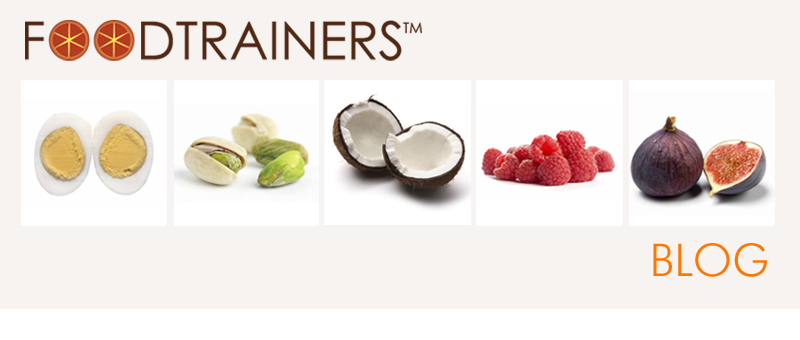During the week I am not as diligent about reading the
newspaper as I used to be. Part of it is the busy monster we all talk about
(too much) but it’s more that I love the “real” paper we only receive on the
weekends. This past weekend, other than the horrible story of the girl killed
in her school hallway the day of junior prom, what first caught my attention
was a series letters to the editor about salt.
In response to an article that I must’ve missed during most
letters called the FDA out. One, from a pediatrician, asked “for how much
longer will our country allow the producers of highly processed foods to cause
heart attacks and strokes by force feeding us so much salt?” A couple other
letters contained more of the same blame. And then finally one brief comment expressed
what I had been thinking, it said “there is a solution to this problem that is
often overlooked: home cooking. It is healthier, cheaper and additive free.” I
wanted to hug this Allison Eisner who wrote the article.
Trust me, I am horrified by the FDA’s actions. Every week I
read about an ingredient or pesticide banned by the European commission but
permitted here. Innocent until proven guilty when it comes to our food is not
something I support. But rather than bitch and moan (which I’m pretty good at) an
article in the Business section supported Allison’s suggestion.
The article focused on baby food. Since 2005, mothers in
droves have been making their own baby food. In turn, sales of commercial food
have been falling. Now you’ll find Beechnut, hardly a cutting edge brand, with quinoa and pomegranate
and fewer preservatives. And there are an abundance of new companies in this
sector that had stellar ingredients from the get go.
I know from my practice that there are no more motivated
clients than pregnant women and new moms. Women who had never opened their
registry pots and pans will make baby food when the time comes or forego
sweeteners while pregnant for the sake of their babies. However, if and when we
make these changes on behalf of ourselves, when we stop buying sodium bombs and
convenience foods- the companies will have to follow suit.
If you don’t think it’s worth speaking up, I’ll give you a
recent example why you should. It came to our attention that a supplement we
endorse contained caramel coloring. We let the company know (ok we tweeted to
them) we were concerned. Fairly quickly they let us (and the rest of the
Twittersphere) know they were reformulating.
I’m happy to play bash the FDA but I think we’re better off
showing the companies that go the extra mile our love by purchasing their goods
and like my girl Allison suggested above taking control of our food by cooking
more at home.
What do you think,
should the FDA take a stance on sodium and additives or do we have to take
matters into our own hands?








